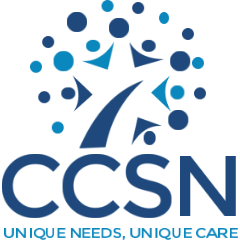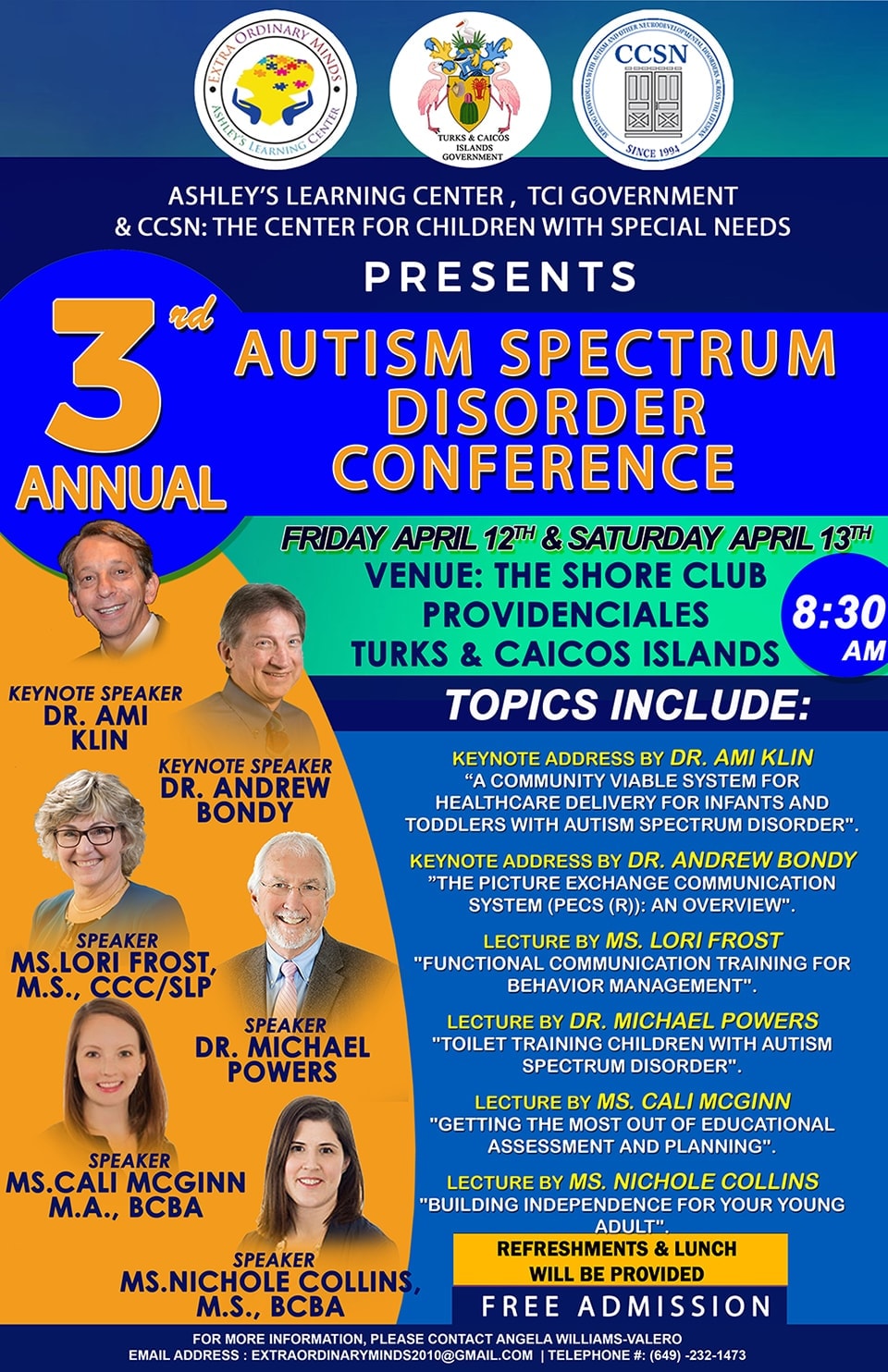Autism Spectrum
Disorder Conference
The Center for Children with Special Needs, Ashley's Learning Center, and the government of Turks and Caicos will be co-hosting the 3rd Annual Autism Spectrum Disorder conference in Providencialses,Turks and Caicos on Friday April 12, 2019 and Saturday April 13, 2019 at The Shore Club. Admission is free with prior registration
3rd Annual Autism Spectrum Disorder Conference
April 12-13, 2019
Meet The Presenters
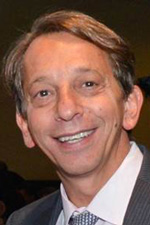
Ami Klin, PhD
Marcus Autism Center
Emory University School of Medicine
Ami Klin, PhD is the Georgia Research Alliance Eminent Scholar Professor. He obtained his PhD from the University of London, and completed clinical and research post-doctoral fellowships at the Yale Child Study Center. He directed the Autism Program at the Yale Child Study Center, Yale University School of Medicine until 2010, where he was the Harris Professor of Child Psychology & Psychiatry.
Dr. Klin’s primary research activities focus on the social mind and the social brain, and on aspects of autism from infancy through adulthood. These studies include novel techniques such as the eye-tracking laboratories co-directed with Warren Jones, which allow researchers to see the world through the eyes of individuals with autism.

Andrew Bondy, PhD
Pyramid Educational Consultants
Andy Bondy is president and co-founder of Pyramid Educational Consultants. Dr. Bondy is an innovative leader in the field of autism and applied behavior analysis. He directed a statewide public school system for students with autism for fourteen years. He is co-author of the PECS Training Manual. He also wrote the Pyramid Approach to Education, a training manual that offers an integrated orientation to developing effective educational environments blending applied behavior analysis with functional activities and creative communication strategies. Dr. Bondy received his MA and Ph.D. from the UNC Greensboro, and completed his clinical internship in 1976 at the University of Kansas Medical Center. Dr. Bondy has presented numerous papers, lectures and workshops in regional, national and international conferences and conventions on behavior analysis, PECS and the Pyramid Approach to Education. He has remained active in research and writing, and continues to develop new and innovative methods of helping children with autism and related developmental disorders.
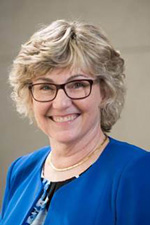
Lori Frost, M.S., CCC-SLP
Pyramid Educational Consultants
Lori Frost is vice-president and co-founder of Pyramid Educational Consultants. She is co-author of The PECS Training Manual. She has been the driving force behind creating PECS, a unique system that allows children with limited communication abilities to initiate communication with teachers, parents, and peers. Ms. Frost has a wealth of background in functional communication training and applied behavior analysis. She has assisted in the development of a number of training packages designed to teach language and academic skills. Ms. Frost received her BA in speech pathology and audiology from the University of Arkansas, and MS in speech and language pathology from the University of North Carolina at Chapel Hill in 1982. She has worked in many public and private school settings as a speech pathologist. As a Pyramid consultant, Ms. Frost has traveled across the country and the world, teaching workshops on PECS and the Pyramid Approach to Education. She has presented a number of papers and lectures on autism and communication, co-authored several articles and chapters, and is respected by professionals in her field as a leader in functional communication systems.
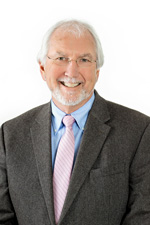
Michael D. Powers, PsyD
CCSN: The Center for Children with Special Needs &
Yale Child Study Center
Yale University School of Medicine
Dr. Michael D. Powers is the Executive Director of The Center for Children with Special Needs in Glastonbury, Connecticut and Assistant Clinical Professor of Psychology at the Yale Child Study Center, Yale University School of Medicine. He completed his undergraduate and graduate training at Rutgers College, Columbia, and Rutgers University. Dr. Powers specializes in the diagnosis, assessment, and treatment of individuals with autism and related developmental disabilities and has published and presented extensively on these topics. He is also the author of Asperger Syndrome and Your Child , the editor of the award-winning book Children with Autism: A Parent’s Guide, (second edition), and co-editor (with Drs. Volkmar, Pelphry & Rogers) of the Encyclopedia of Autism Spectrum Disorders. Dr. Powers has been involved in designing educational programs, staff training, and in program evaluation for students with autism spectrum disorders throughout the United States and abroad for over 40 years. He has worked with the Universidad Peruana Cayetano Heredia in Lima, Peru; The Marcus Autism Center in Atlanta, GA; the University of the Arctic, Tromso, Norway; York District Regional School Board in Ontario, Canada; Foundation Fabietti in Arezzo, Siena, and Prato, Italy; the Bedfordshire County Council (UK) School Improvement Division; the Utah, Pennsylvania, Connecticut, and Florida State Departments of Education; and various regional and local school districts. Dr. Powers is a member of the Professional Advisory Board of MAAP Services for Autism and Asperger Syndrome, The Geneva Centre for Autism in Toronto, and former member of the Board of Directors of the Autism Society of America.
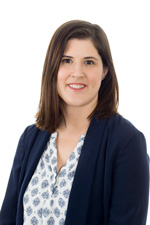
Nichole Collins, MS, BCBA, LBA
CCSN: The Center for Children with Special Needs
Nichole Collins is a Program Coordinator at CCSN, where she provides consultative and program development support to educational programs for students with Autism Spectrum Disorder and developmental disabilities.
Nichole received her master’s degree in Applied Behavior Analysis through Northeastern University, and is a Board Certified Behavior Analyst. Nichole has experience working with school programs for lower elementary students through secondary and post-secondary programs. Prior to joining the CCSN team, Nichole worked as the clinical supervisor of an adult services program where she guided the clinical team in the development of a Positive Behavior Support framework and Behavior Analytic practices for the individuals served. Within that organization, she also worked as a program supervisor in the school consultation program where she organized, planned, implemented, and monitored individualized programming within the district, home, and clinic-based setting. She provided consultation and training to individual team members as well as district-wide groups. As she pursued her master’s degree, Nichole also worked as a teacher at the New England Center for Children with adolescent males with developmental disabilities and behavioral needs. Nichole has worked as an adjunct professor at the University of Saint Joseph and is a professional member of Applied Behavior Analysis International (ABAI), the Association of Professional Behavior Analysts (APBA), the Association of Positive Behavior Supports, the Berkshire Association for Behavior Analysis and Therapy (BABAT), the Connecticut chapter of ABAI (CTABA), and the Behavior Analyst Leadership Council (BALC).

Cali McGinn, MA, BCBA, LBA
CCSN: The Center for Children with Special Needs
Cali McGinn is a Senior Behavior Analyst at CCSN. Cali provides consultative and program development support to educational programs. She is a Board Certified Behavior Analyst and a certified Special Education Teacher. Cali received a Bachelor of Arts degree in psychobiology from Wheaton College and a Master of Arts degree in education from University of Connecticut. Prior to coming to CCSN, she taught elementary students with special needs and provided in-home behavior analytic services to children with developmental disabilities. Cali has additional experience implementing Positive Behavioral Interventions and Supports (PBIS) in schools and providing staff training. She is a member of the Northeast Positive Behavioral Interventions and Supports Training of Trainers program. She is also a professional member of the Connecticut Association for Behavior Analysis (CTABA) and the Behavior Analyst Leadership Council (BALC).
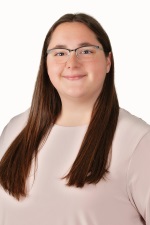
Kathleen Clare, B.A.
Behavior Technician
Kathleen (Katie) Clare is a Behavior Technician currently working in the ABA Clinic at CCSN Behavioral Health. She assists with the implementation of skills acquisition, behavior reduction programs, and parent training for children with autism spectrum disorders (ASD) under the supervision of a Board-Certified Behavior Analyst.
Katie graduated from Framingham State University with a Bachelor of Arts in sociology and a minor in diversity studies. She is currently attending Regis College for graduate school, pursuing a Master of Science in Applied Behavioral Analysis (ABA). Katie is a Registered Behavior Technician. She has seven years of experience working with children of all different abilities in all different environments. She has spent many summers working with children in summer and day camp settings, in which she would create and implement games and activities for large groups of children. She also spent over four years in aquatics, teaching water safety to children of all ages and abilities. She hopes to work with children more in clinic and school settings in the future.
Katie enjoys reading and being with friends and family during her downtime. She can also be found at the pool any time she can find to sneak away!
3rd Annual Conference on Autism Spectrum Disorders
Transforming Science into Everyday Practice
KEYNOTE ADDRESS: A Community Viable System of Healthcare Delivery for Infants and Toddlers with Autism Spectrum Disorder

Ami Klin, PhD
Marcus Autism Center
Emory University School of Medicine
This presentation highlights the critical role of early diagnosis and intervention in attenuating the symptoms of autism. Data will be presented on early diagnostic indicators obtained through eye-tracking-based behavioral assays that quantify the social disabilities in autism. The results of these assays were used to generate "growth charts" of normative social engagement, and the deviations from the norm were taken as early indicators of risk. These methods yielded high sensitivity and specificity for the screening of infants. The ultimate goal of this effort is to develop objective and quantitative tools for the detection of autism in infancy, tools that might be deployed in primary care practices. This work will be contextualized in terms of recent developmental social neuroscience research with toddlers with autism, which implicated developmentally very early emerging, and evolutionarily highly conserved, mechanisms of social adaptation that set the stage for reciprocal social interaction, which in term represent the platform for early social brain development. These mechanisms of socialization are under stringent genetic control, setting the scientific basis for parent-delivered, community-viable, early treatment in which social engagement is “engineered” via daily activities, thus impacting a child’s development during every moment of social interaction.
Effective screening of infants would be unethical without a clinical infrastructure providing access to family support and early intervention for those screened positive. Through a collaboration with Dr. Amy Wetherby, we are now establishing tools and procedures for the full integration of primary care physicians and early intervention providers with the goal of establishing a new system of healthcare delivery for infants & toddlers with autism spectrum disorders. This system deploys “Early Social Interaction” as its modality of parent-delivered treatment.
KEYNOTE ADDRESS: An Overview of the Picture Exchange Communication System (PECS)

Andrew Bondy, PhD
Pyramid Educational Consultants
The Picture Exchange Communication System (PECS) is an evidence based strategy that rapidly promotes functional communication. This talk will begin with a clear description of functional communication and a unique model that supports providing effective teaching strategies. I will then describe the key 6 Phases of the PECS protocol followed by a description of how to create lessons involving expansion of vocabulary as well as commenting. I will briefly describe issues related to transitioning from PECS use to speech or speech-generating devices, as well as several common misunderstandings related to PECS.
HELP! I can’t WAIT to ASK for a BREAK!

Lori Frost, M.S., CCC-SLP
Pyramid Educational Consultants
Many learners with ASD engage in challenging behaviors. The speech language specialist plays a critical role in assessing whether these behaviors are a function of the student’s inability to appropriately and effectively use critical communication skills such as asking for desired items, requesting assistance, requesting a break and/or waiting for a desired item/activity. This workshop will address assessing student's current communication skills and how to identify the function of challenging behaviors. Participants will learn strategies to teach replacement communication skills. This workshop is appropriate for professionals working with children using a variety of communication modalities.
Toilet Training Children with Autism Spectrum and other Neurodevelopmental Disorders

Michael D. Powers, PsyD
CCSN: The Center for Children with Special Needs &
Yale Child Study Center
Yale University School of Medicine
More than half of parents of children with ASD report toileting concerns and difficulty with toilet training. Bowel and bladder incontinence can place significant limitations on socialization opportunities, educational access, vocational placements, and access to community-based activities throughout adulthood if left unaddressed. Quality of life concerns that may arise include problems with personal hygiene, stigmatization, diminished self-confidence, and physical discomfort. This workshop will discuss the assessment and treatment of incontinence in children, with a special emphasis on identifying practical strategies for successful treatment at home and in school.
“I Can Do It! Building Independence for Young Adults”

Nichole Collins, MS, BCBA, LBA
CCSN: The Center for Children with Special Needs
One of the most important aspects of a young adult’s education is the development of independent skills. It can be challenging to know the best ways to support these individuals in becoming as independent as possible in their own homes and communities. Although this can be a complex journey, it can be quite fulfilling when you see the young adult grow and progress. The initial steps for developing independence include identifying the young adult’s strengths and weaknesses as well as current skills in essential areas. This will lead to the selection of target skills to focus on. This presentation will explore the beginning steps of assessment, development of treatment targets, and discuss ways to ensure that the changes are lasting and meaningful.
Getting the Most Out of Educational Assessment and Planning

Cali McGinn, MA, BCBA, LBA
CCSN: The Center for Children with Special Needs
When designing an educational program for students with special needs, it is important to consider the current skills the student demonstrates, and then determine which skills are appropriate to teach next. To begin, teachers and school teams should assess current student performance. A criterion-reference assessment can be a helpful tool to measure a student’s performance as well as progress over time. In addition, the assessment tool can provide a scope of sequence of the skills that should be taught next. This presentation will provide a general overview of assessment and focus on how assessment data can provide the foundation for goals of a student’s educational plan. Additionally, participants will be guided through the process of establishing individualized goals and designing instruction which provides structure to the target skills being taught. Finally, strategies for how on-going assessment can be used to monitor and showcase student progress over time will be discussed.
Discounted rate
Airlines for Discount
Two of the best known Autism researchers’ in the world will be presenting.
Two of the best known Autism researchers’ in the world will be attending. Dr. Klin seminal work identifying reliable eye-gaze bio-markers for the emergence of Autism's Spectrum Disorder in infants and children has been internationally recognized and has expanded the way we understand both early identification and early intervention in Autism Spectrum Disorder. Dr. Andrew Bondy (with Ms. Lori frost) developed the Picture Exchange Communication System (PECS) over 25 years ago and has trained educators, parents and other professionals to implement this communication program with children with Autism Spectrum Disorders and other severe disorders of communication on nearly every continent globally.
Contact: Ms. Angela Williams-Valerio
Email: extraordinaryminds2010@gmail.com
Phone: 649-232-1473
